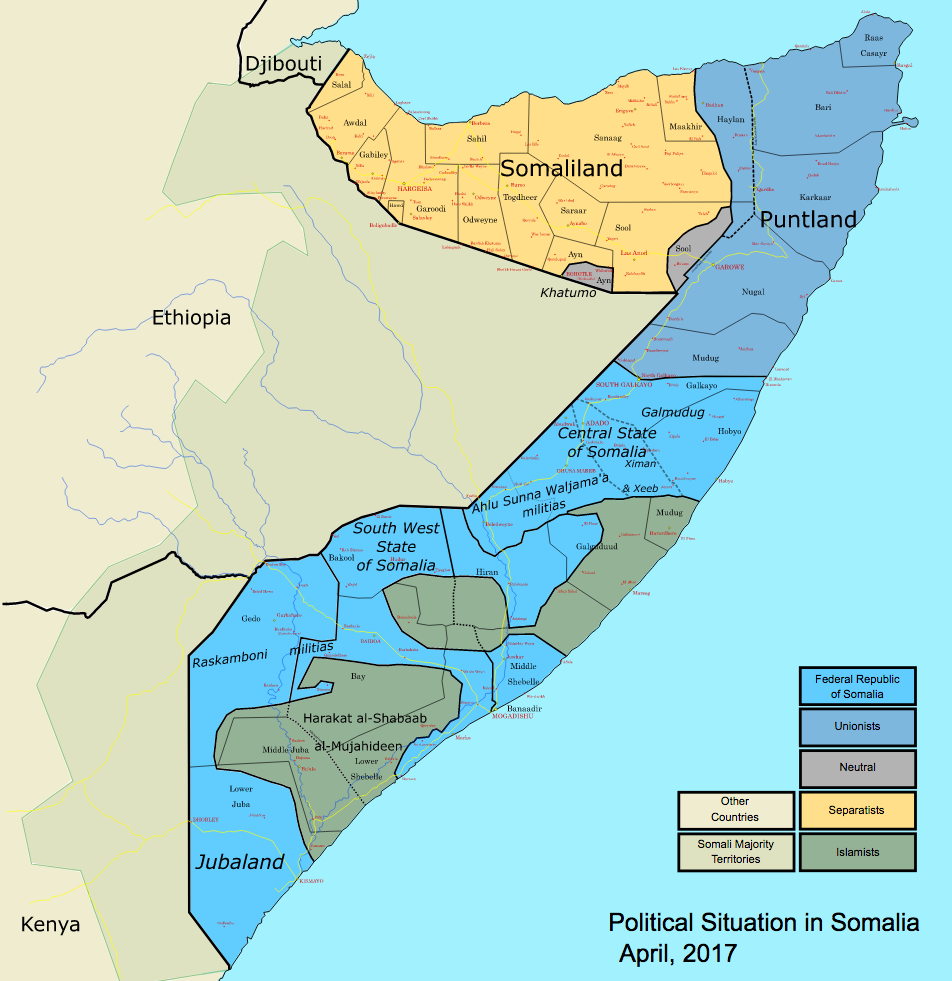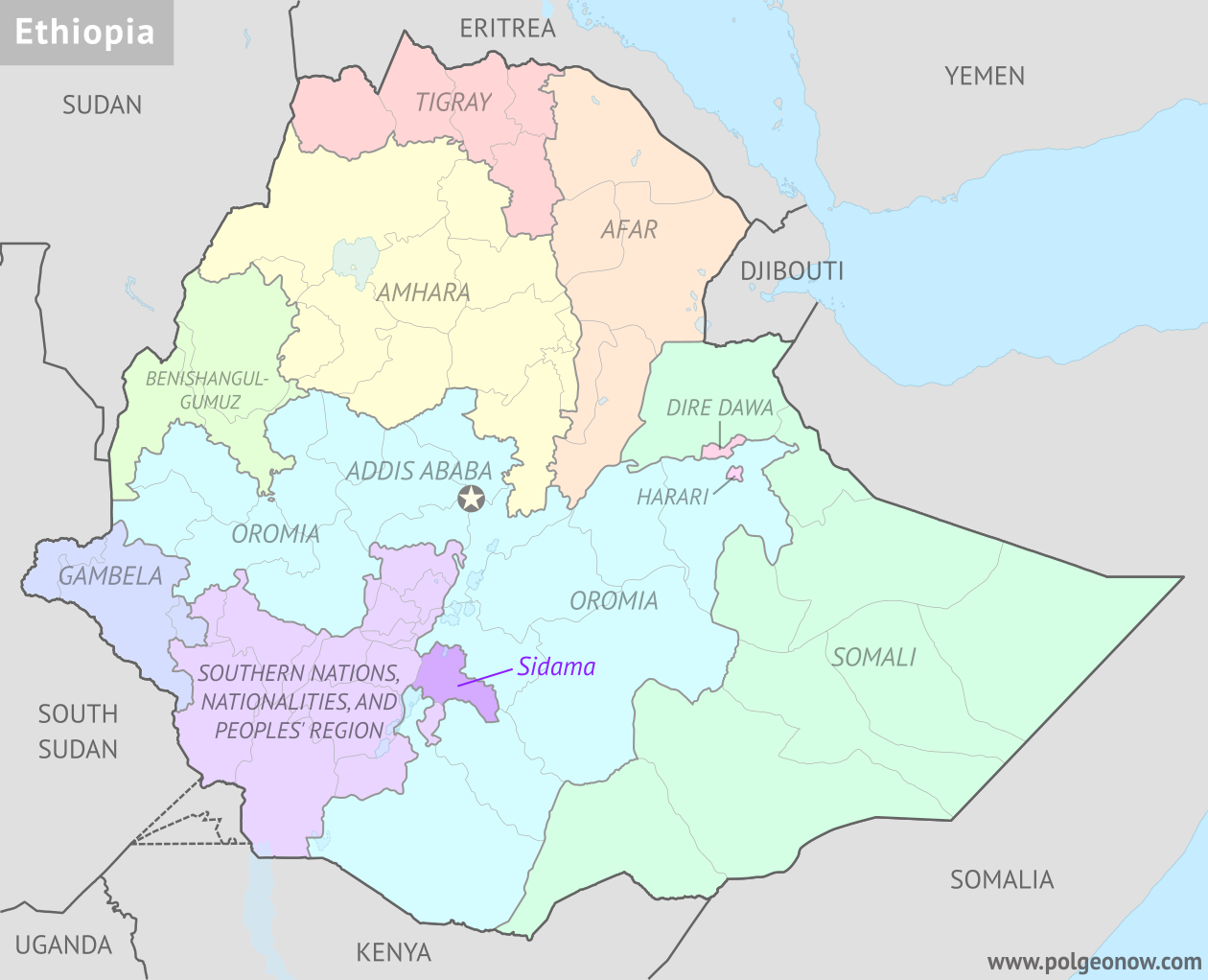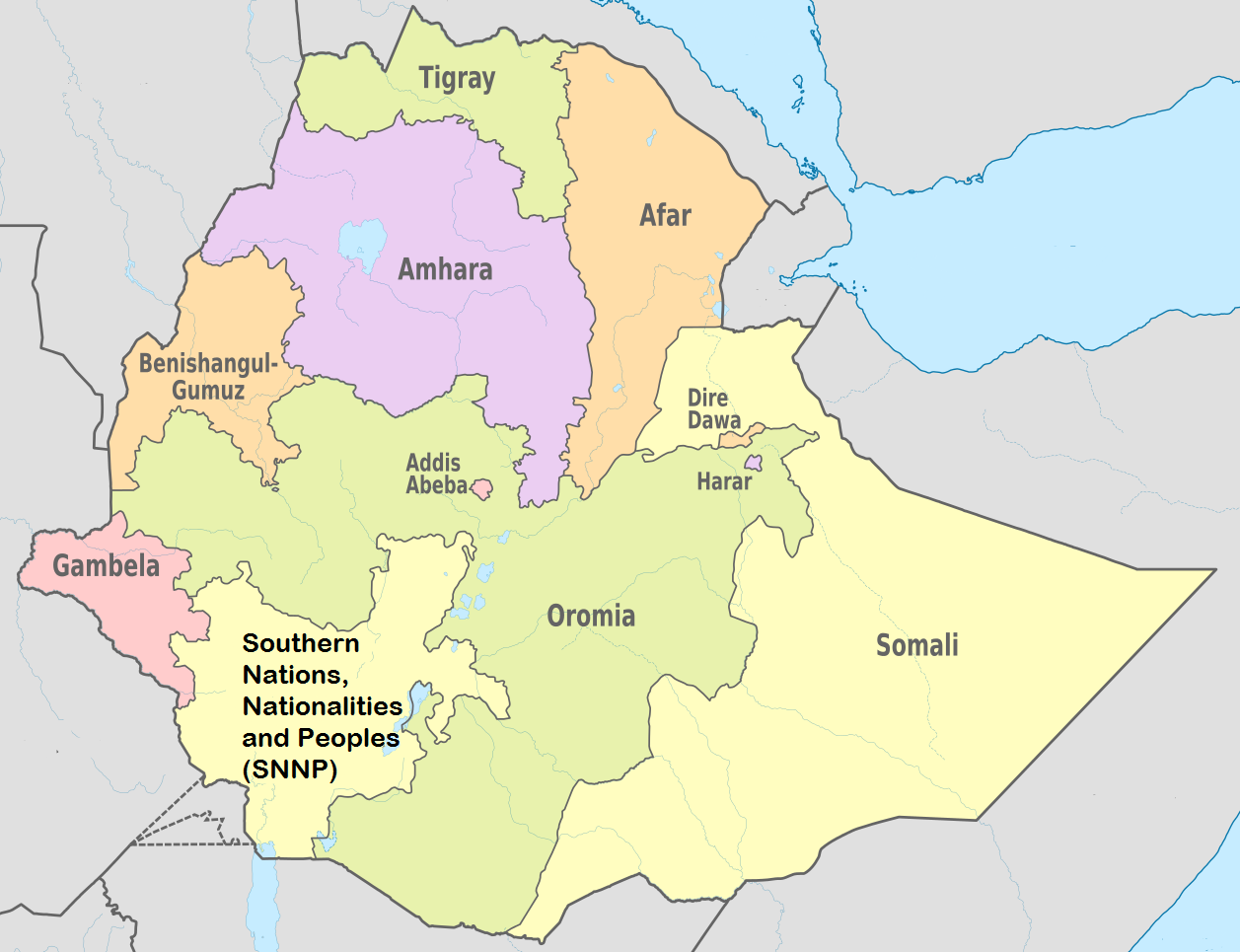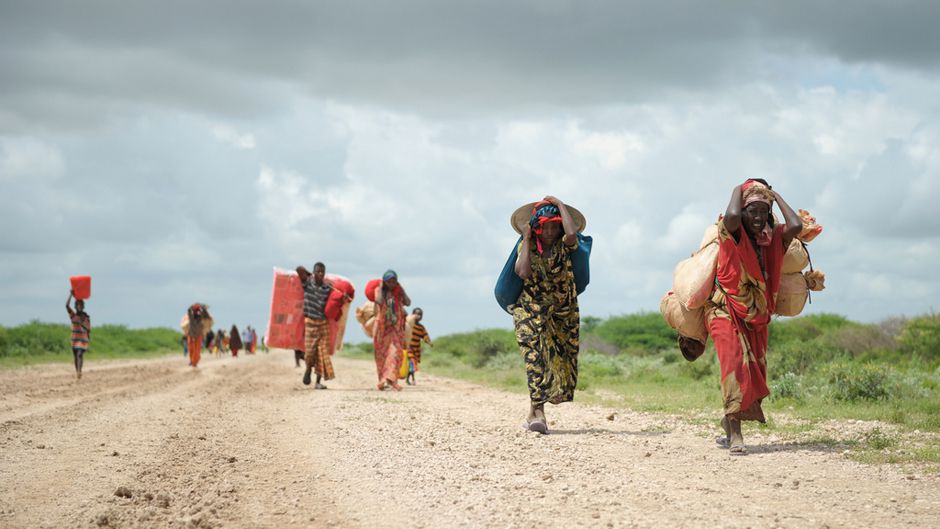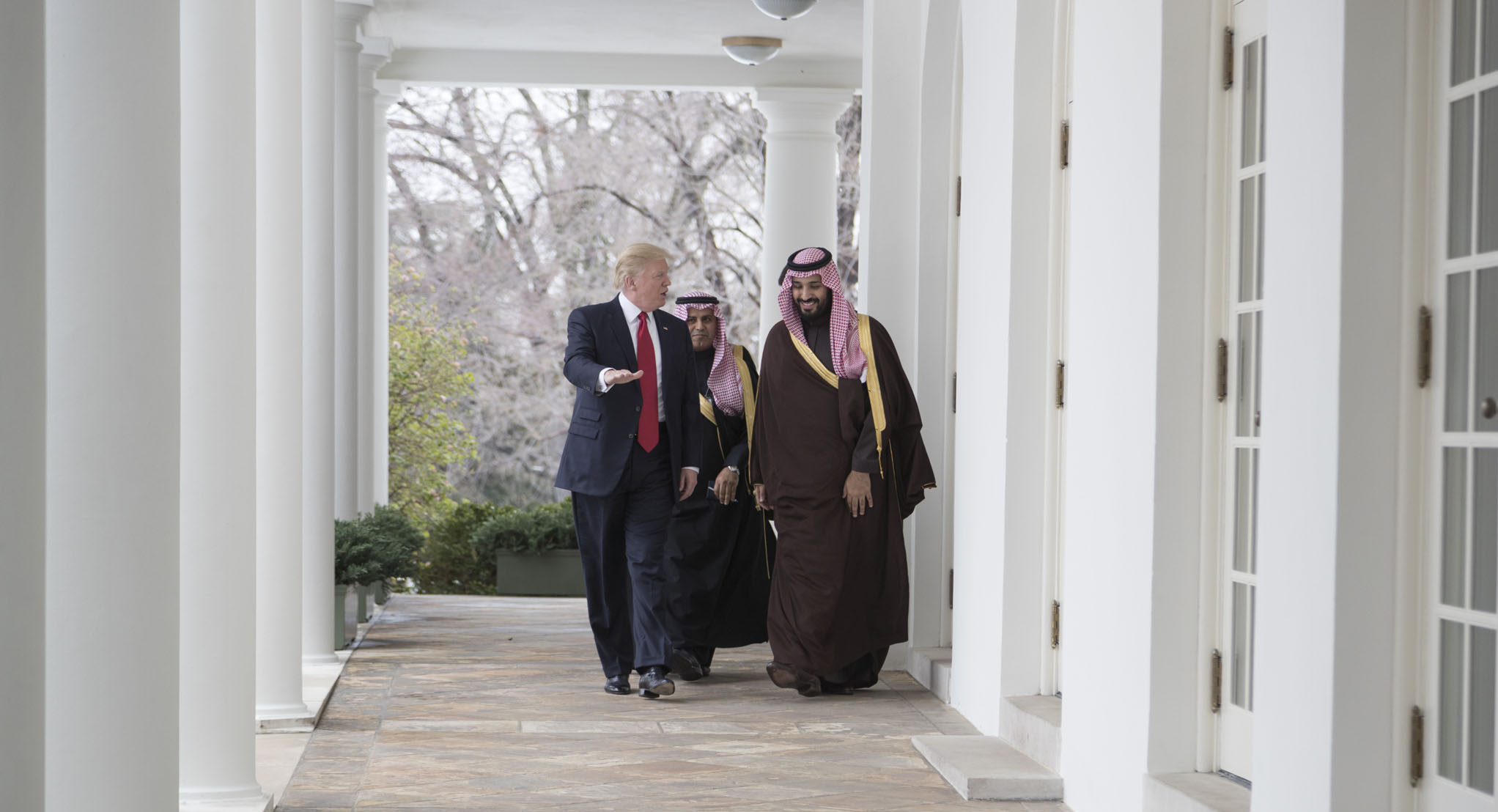
Trump dismisses Saudi human rights concerns
President Donald Trump praised Saudi Crown Prince Mohammed bin Salman as “incredible in terms of human rights” during an Oval Office meeting, preemptively deflecting questions about the kingdom’s extensive record of abuses as the crown prince pledged $1 trillion in US investments. The comments came despite weeks of pressure from human rights advocates urging Trump to confront the crown prince over Saudi Arabia’s recent grave abuses, an incomplete list of which is said to include record numbers of executions, torture of dissidents, systematic repression of women, and the killing of hundreds of Ethiopian migrants at the Yemen border. Human Rights Watch pointed out that Trump’s meeting with bin Salman came just five months after Saudi authorities executed journalist Turki al-Jasser, who had been arrested for social media posts critical of the regime in 2018 and charged with “high treason.” Executions in Saudi Arabia are carried out by beheading with a sword. (Photo of Mohammed bin Salman’s 2017 White House visit via Wikimedia Commons)





